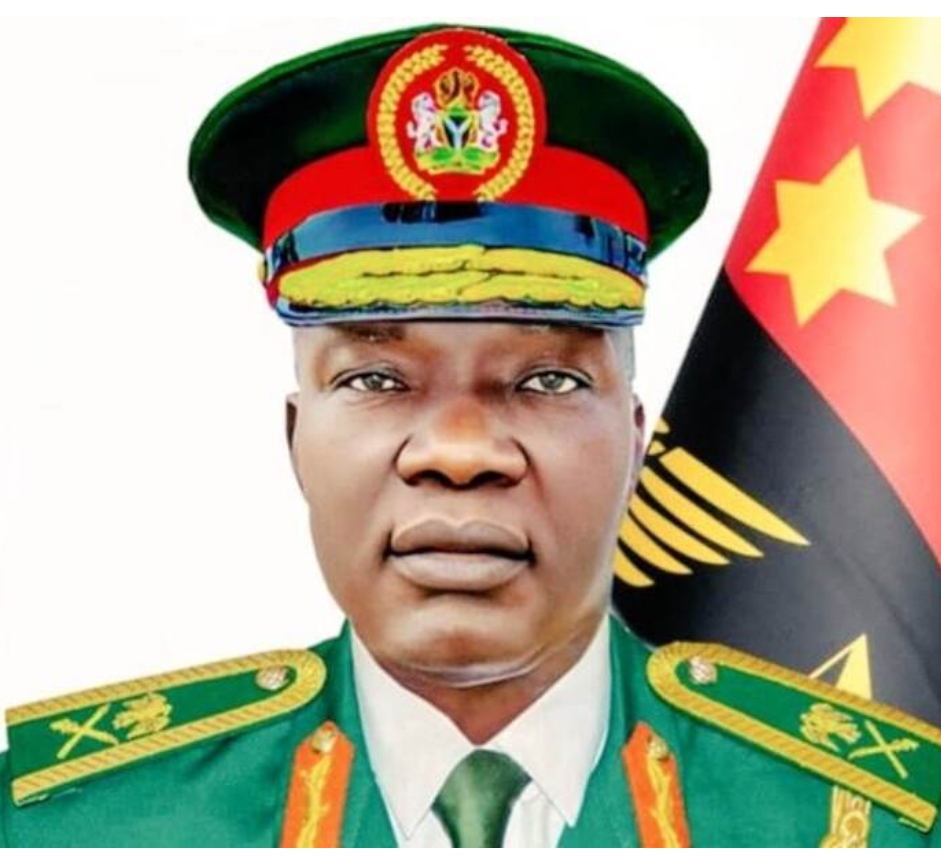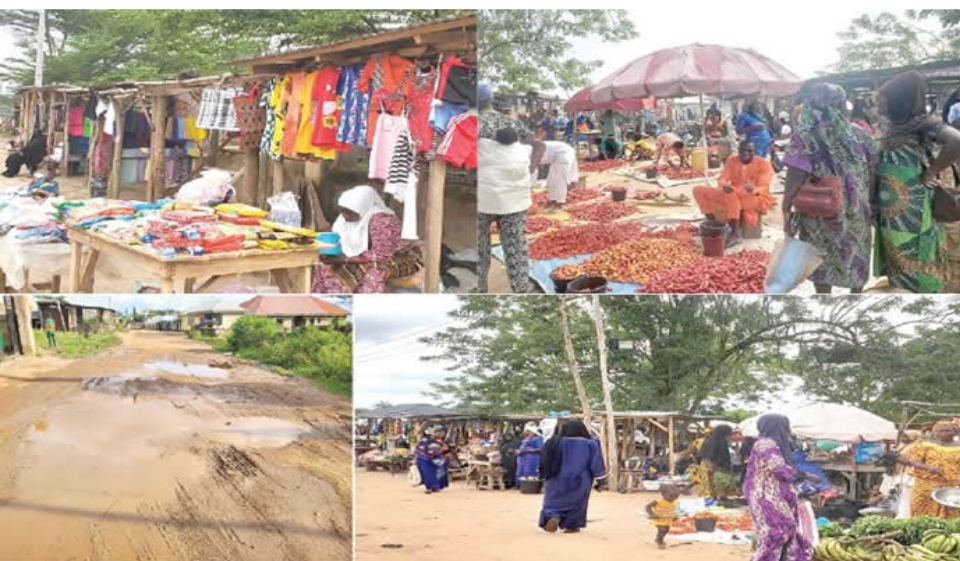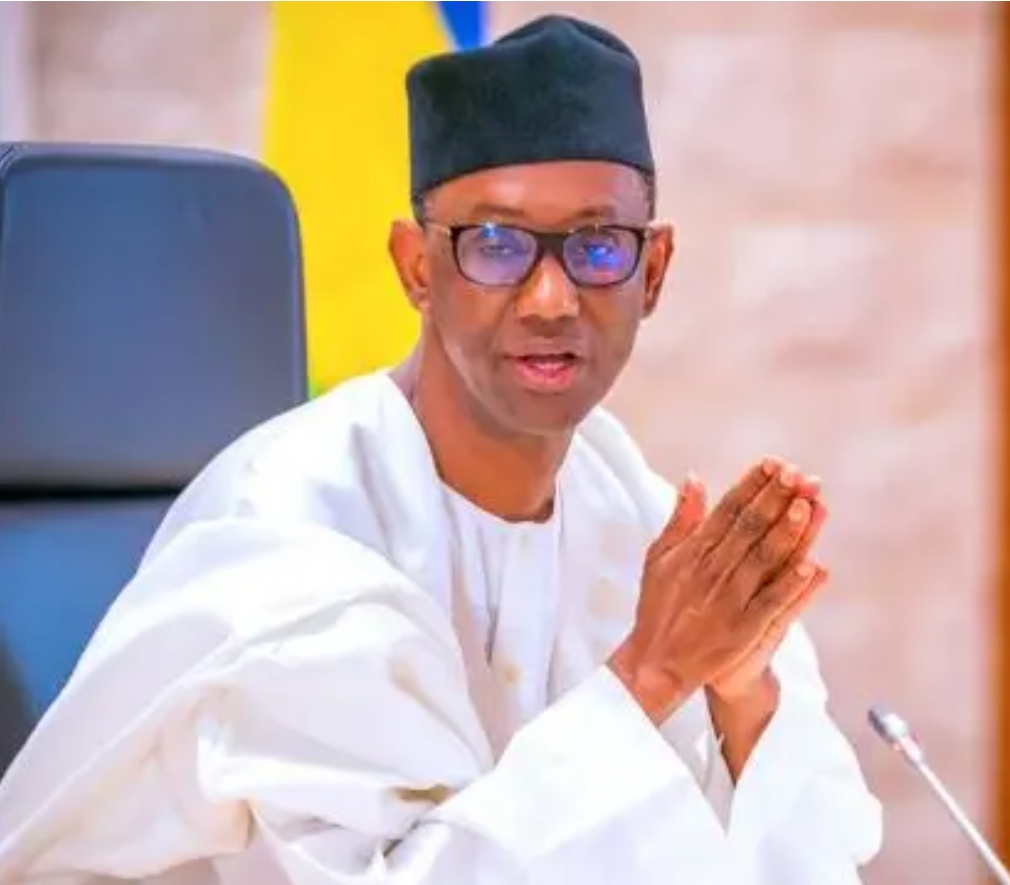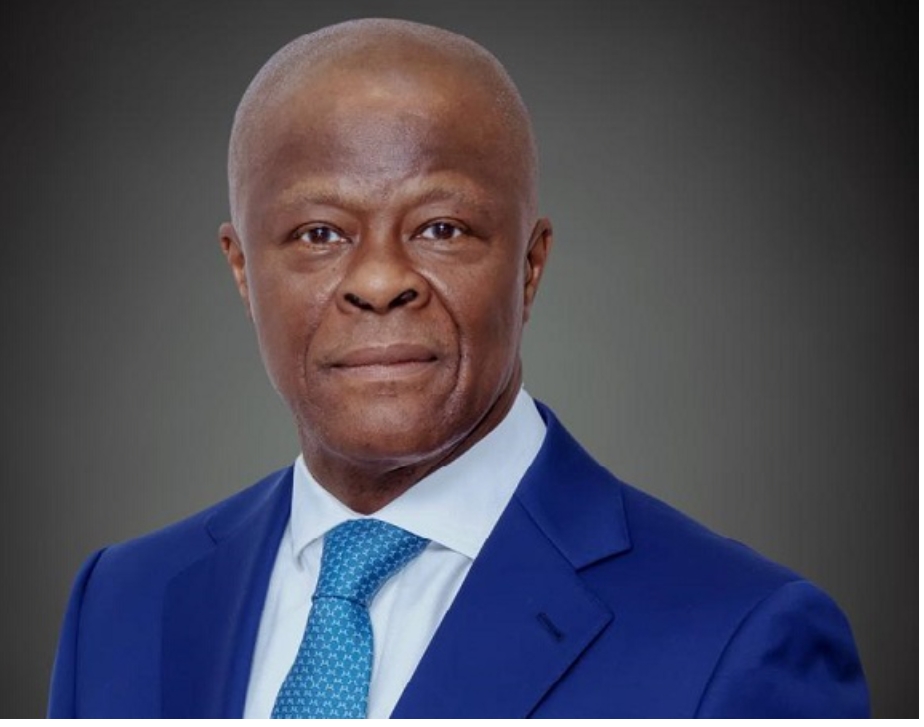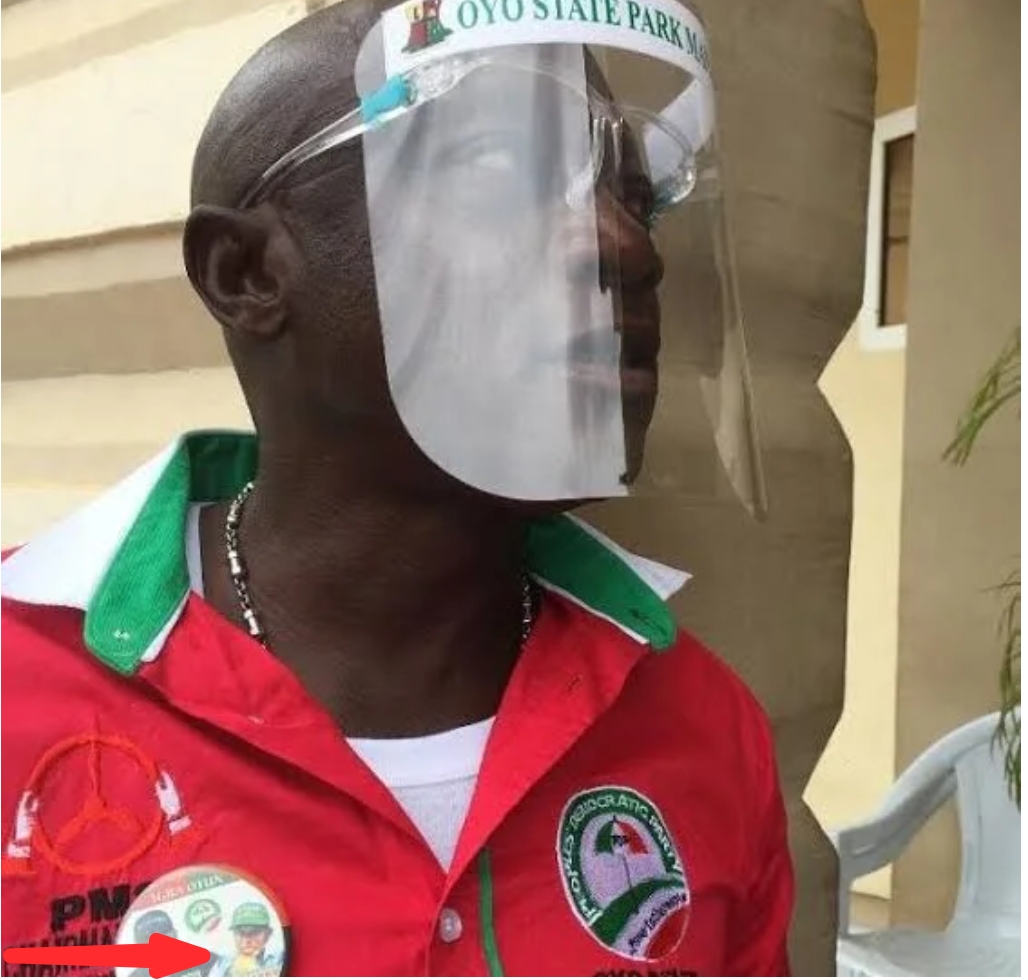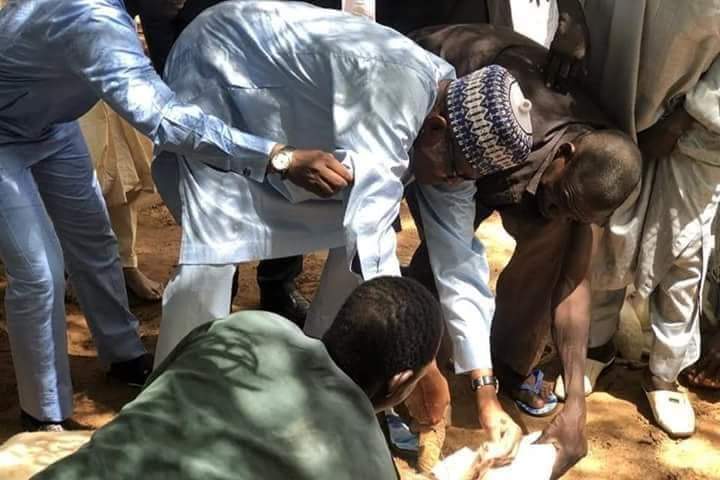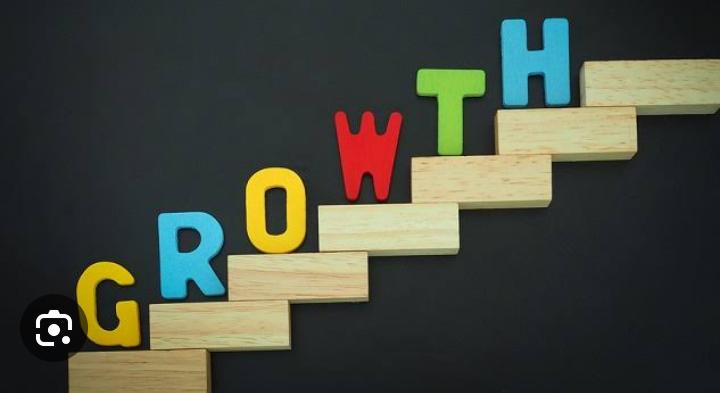Defence Headquarters Denies Appointing Acting Chief of Army Staff
October 21, 2024Sights and Sounds of Nigeria’s First Islamic Market
October 20, 2024Fuel subsidy cannot continue — NNPC
Fuel subsidy cannot continue — NNPC
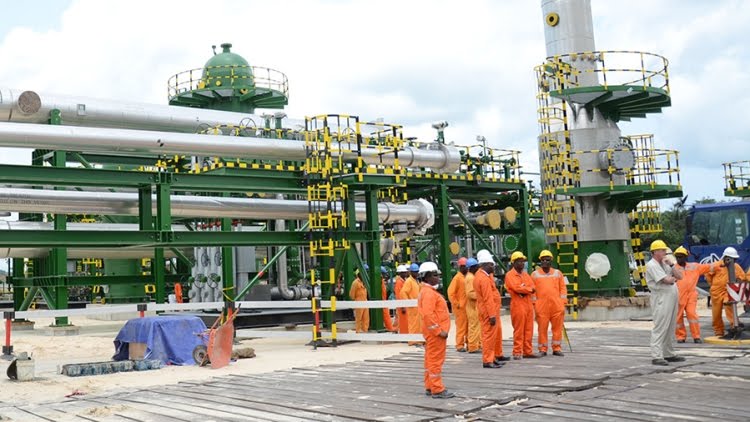
The Nigerian National Petroleum Company Limited (NNPCL) says the federal government can no longer afford to provide fuel subsidies, saying that it benefits the rich more than those who are in the lower level of the ladder in Nigeria.
Mohammed Ahmed, Executive Vice-President, Gas, Power and New Energy, of the NNPCL, disclosed this on at the third chance session, “Gas Opportunities,” of the Nigerian Oil and Gas chance Fair 2023.
The two-day event which began on Thursday was held at the Nigerian Content Development and Monitoring Board Conference Centre, Bayelsa with the theme, ‘The oil and gas industry: Catalyst and fuel for the industralisation of Nigeria.
The NNPC top official stated, “The problem is that people who are supposed to invest are not investing. I also want to put it on record that the NNPC of five years ago is not the NNPC of today. It is NNPCL today. What does that mean? It is a limited liability company and cannot, therefore, continue to speak for the government.
“But I want to say, by and large, subsidy or no subsidy, we have to graduate from diesel to gas and PMS to gas.
“Simply put, the Federal Government cannot continue to pay for your fuel. I can say this comfortably. It is your fuel (ostensibly referring to the audience) and not for those that are in the villages. They do not have two or three cars. You (in the urban areas) are the ones who may have these cars. So, who are we subsidising for?” He said.
Recall that the Secretary to the Government of the Federation, Boss Mustapha, earlier in the week, said the country spent N13 trillion on subsidies payment from 2005-2021.
The SGF noted that the outgoing government would leave a robust framework for President-elect Bola Ahmed Tinubu’s incoming administration to work with.
“From that policy advisory, over N13tn is documented to have been expended on the subsidy payment between 2005 – 2021. The figure is equivalent to Nigeria’s health, education, agriculture, and defence budget in the last five years and almost the capital expenditure for ten years between 2011 and 2020,” he said.
